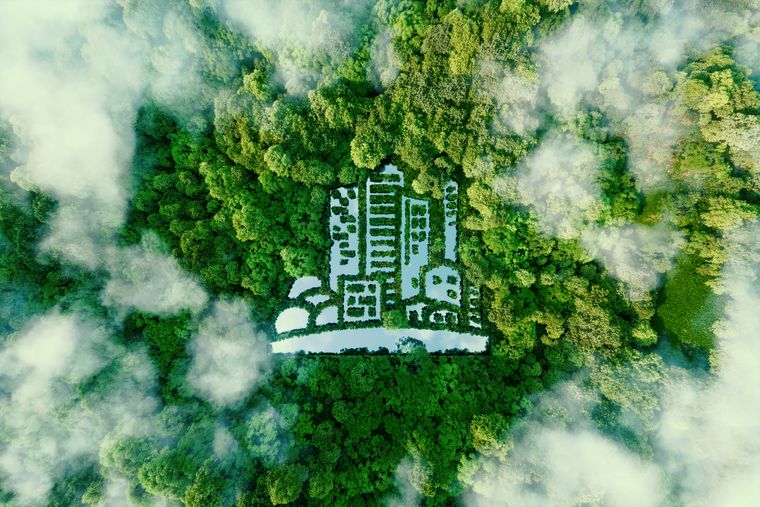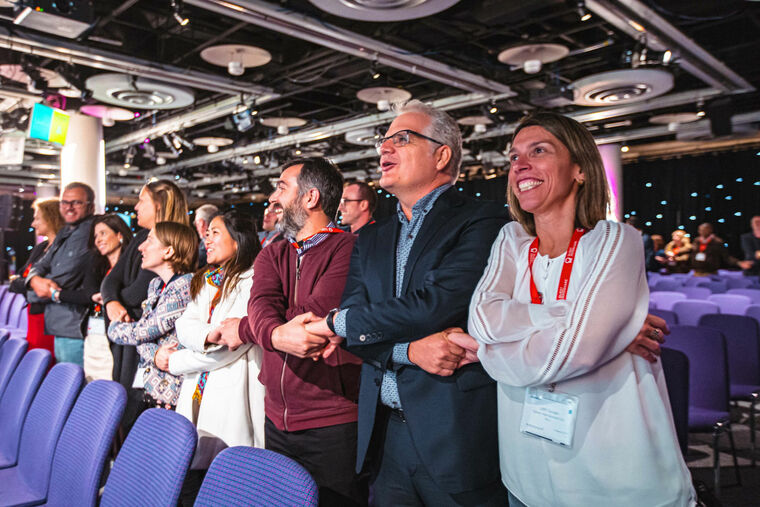The quietly brewing storm
Consumer response to the rising cost-of-living crisis in the Gulf countries
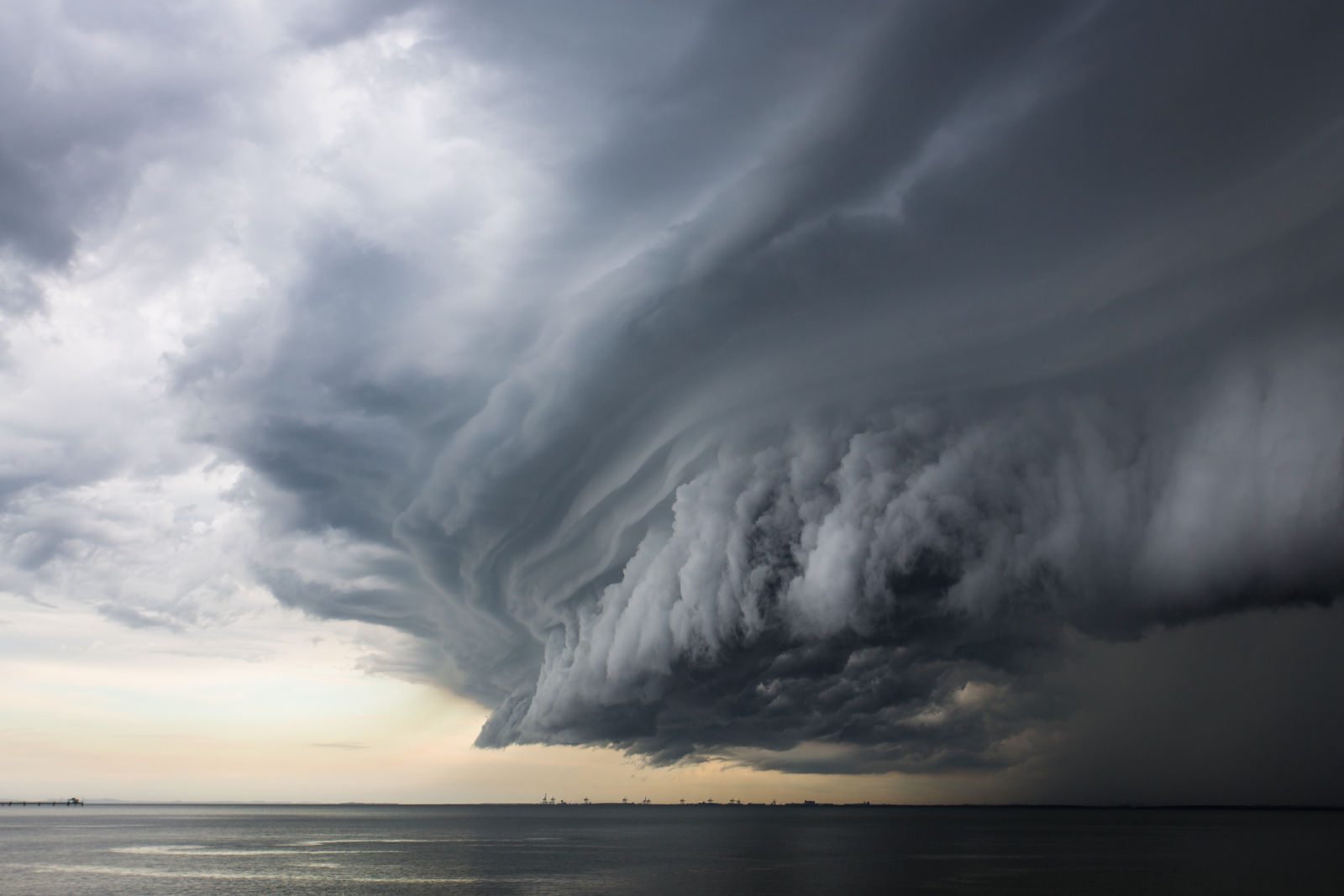
“Who says the land of oil doesn't have inflation? My fuel cost has increased almost 130%. I'm not kidding!” @ayeshatariq__. Jul 14th 2022
https://twitter.com/ayeshatariq__/status/1547474693090942976
Against the backdrop of a post COVID-19 economic downturn and pending recession, many developed markets are feeling the bite of rampant inflation. Global fuel price rises have raised the price of transportation, imports, and thus everyday goods.
Many developing and developed markets across the world are struggling with the cost of everyday living essentials, from heating and cooling, to food bills, petrol, building supplies and labour costs.
The gulf markets in contrast, have been somewhat immune to the effects of the global downturn so far. As major exporters of petroleum products such as oil, gas and fuel, these markets have been able to maximise on the shift of fuel supplies away from Russia and thus the consequential increasing cost to supply oil.
As a consequence, many cities throughout the gulf region are no longer in the top 100 most expensive cities for expats this year. This is largely driven by other nations being hit harder.
Whilst the rise in concern appears slower and less significant than other developed nations, cost-of-living related concerns have increased significantly over the last 3 months.
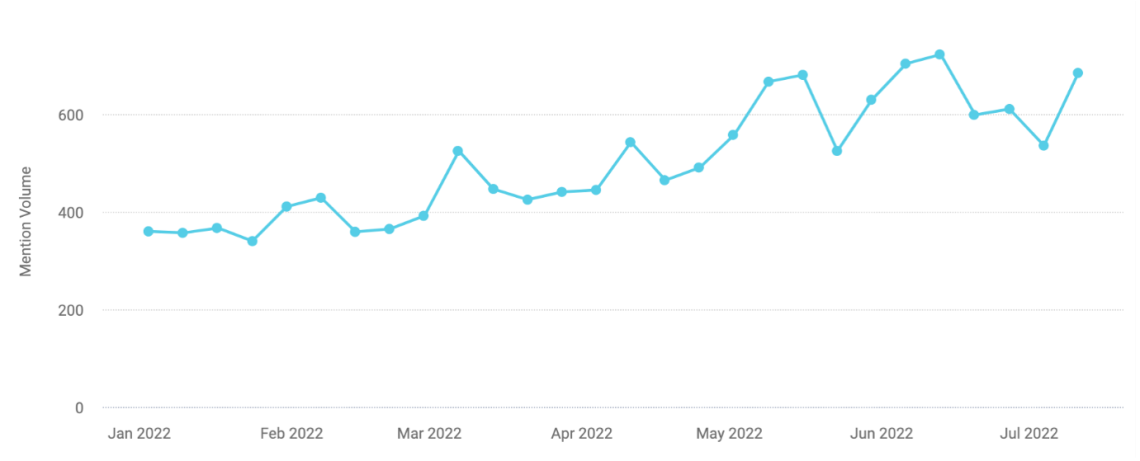 The number of mentioned showing concern for the cost-of-living over time. Including terms such as ‘inflation’, ‘can’t afford’, ‘expensive’, ‘fuel prices’ or ‘rising costs’ etc. (sampled data 01.01.22 – 17.07.22)
The number of mentioned showing concern for the cost-of-living over time. Including terms such as ‘inflation’, ‘can’t afford’, ‘expensive’, ‘fuel prices’ or ‘rising costs’ etc. (sampled data 01.01.22 – 17.07.22)
Here we use data and techniques from Quantum Digital Listening to explore how the global cost-of-living crisis is playing out across the region and the impact the crisis may be having on consumer sentiment and activities.
Background and cultural context
It’s important to understand the cultural context of the region’s historical relationship with wealth and poverty. In a region where excess wealth is seen as the norm and frequently showcased, calling out financial crises, hardship or concerns is rare.
However, there are exceptions. Whilst grievances regarding your own personal situation are rarely raised or projected to appear self-serving, concern can be shown for others; for the greater good of the wider community, for those less fortunate than oneself, albeit without personally offering any form of financial assistance.
“Ten years ago, you enter the hypermarket, you spend a month's right, you reach a thousand riyals, and the bills for petrol and electricity reach a thousand, and you fill your refrigerator with meat, which costs a thousand now, everything is three times!! Inflation, taxes and high prices break the back of low-income people #الراتب” @zoro1__. Jun 10th 2022.
https://twitter.com/zoro1__/status/1535257705614610434
Top regional concerns
Comparing the cost-of-living related concerns of consumers in the USA, a major economy grappling with inflation, with the gulf states, shows their worries fall in the same order of concern. Interestingly, the volume of fuel price concerns is significantly (over 5%) higher in the Gulf states, despite being major oil producers.
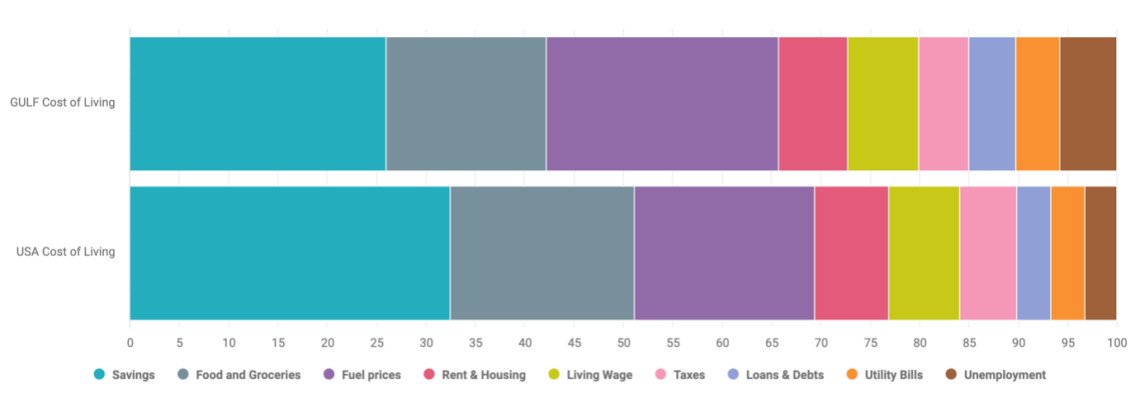 Top cost-of-living related concerns of consumers within the GULF states VS USA (01.03.22 – 24.07.22)
Top cost-of-living related concerns of consumers within the GULF states VS USA (01.03.22 – 24.07.22)
Fuel price rises have catalysed international political posturing
Given their status amongst the world’s top oil producing nations, fuel prices including petrol, oil and gas, are unexpectedly one of the top concerns within these markets
With price rises in excess of 80% across some nations, global politics has been blamed for pushing domestic prices up. The result of oil shortage in the world today is a result of yesterday’s politicians, not Saudi Arabia.”
@AbuTurki_2020. Jun 5th 2022
http://twitter.com/AbuTurki_2020/statuses/1533446664790462464
However, beneath this global posturing, the rising cost of fuel domestically has started to bite on ordinary citizens, particularly workers lower down the wage ladder who are stuck between rising costs and lowering wages as companies reduce their own costs to ease wider consumer concerns.
Replying to @Deliveroo.
“Gas price nearly double in a year in Dubai and you cut drop price for riders by 15% amid worldwide inflation. Shame on you.” @nono38370. May 1st 2022
http://twitter.com/nono38370/statuses/1520822566197280769
Price rises have got in the way of important cultural & religious practices
“why’s hajj so expensive ??” @mahagulnaaz. Jul 4th 2022
https://twitter.com/edgymaimai/status/1543899349792481285
Inflation has not only begun to cause price rises on basic goods and local services, but on the most important cultural and religious events.
‘Extortionate’ price rises for attendance packages have priced many worshipers out of attending the most important religious events in the Islamic calendar, and for some their lives; Hajj and Umrah.
2022 saw a large number of worshipers priced out of attendance, having been forced to miss attending in 2020-21 due to restrictions imposed during the COVID-19 pandemic.
“His Royal Highness @KingSalman Local Haj for expatriates is very expensive. Please direct @MoHU_En to reduce the prices for hajj.” @engfahadsabir. Jun 6th 2022
http://twitter.com/engfahadsabir/statuses/1533755125617016832
Despite the quiet crises, there is still room for humour, albeit weaponised
The regions online commentary on the crisis has left some space for moments of humour to shine through. The number of mentions referring to expense or cost and incorporating humours emojis has increased for the same period in 2022 over 2021.
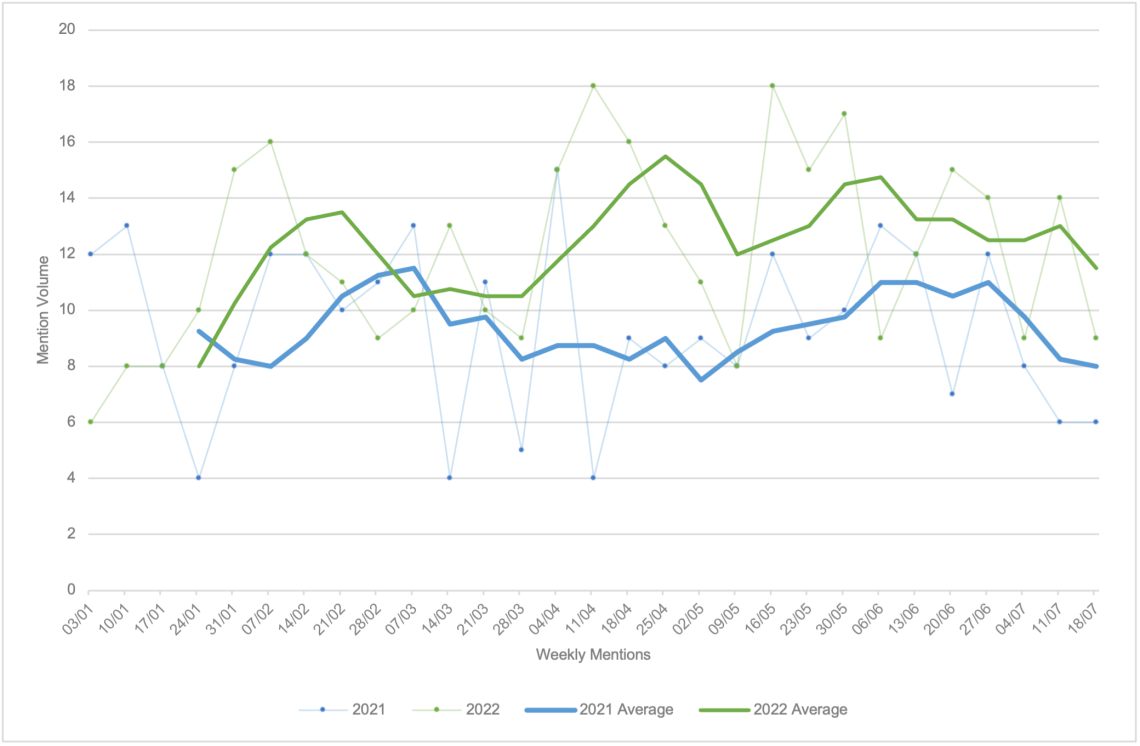 Online mentions referring to expense or cost and incorporating the following emojis 😆 🤭 😹 😂 🤣 😜 😝 🙊 (Jan - July 2021 vs 2022)
Online mentions referring to expense or cost and incorporating the following emojis 😆 🤭 😹 😂 🤣 😜 😝 🙊 (Jan - July 2021 vs 2022)
“Okay inflation is real. My barber just raised his prices by 12% and reduced his chat by 20%. Mental health is expensive.” @Azhan_backer. Jun 14th 2022
https://twitter.com/Azhan_backer/status/1536638785097695233
The longer-term impact remains unpredictable
Whilst the beginnings of a cultural shift may be brewing, only time will tell what extent the crisis will be further brought into the spotlight across the region, and what impact it will have on the everyday livelihoods of residents.
Methodology
Research for this article was undertaken using digital & social media scans provided by Quantum's Digital Listening team.
Digital Listening (aka Social Listening) finds relevant consumer commentary and conversations from a wide variety of online sources including social media platforms, blogs and forums. We analyse this data to identify conversation themes, sentiment, product/brand feedback, and other topics of interest.
This helps us gather online behaviour trends and themes of consumer opinion from a wider audience than traditional research allows for, giving our insights a quantitative backing.
In this article, we have analysed online mentions that include keywords that are related to inflation, cost-of-living, and other price related crises in the following markets: Saudi Arabia, United Arab Emirates, Oman, Kuwait, Qatar.
Cianan O’Dowd
Design Lead at QuantumI am an Industrial/ Product Designer from the UK. I am currently working as the Product Design Lead at QuantumCS, based out of London. QuantumCS is an Insight & Strategy Design agency focusing on opportunity development & product innovations for various clients.
My previous role was as the Senior Product Designer at Bodytrak. Bodytrak offers realtime core body temperature and other metrics from a non-invasive earpiece solution.
Other roles include a position as a Design Engineer at Dyson involved the development of sensors for the Dyson 360 Eye™ robot vacuum cleaner and unannounced new category products.
In my spare time I like to build things, whether it’s designing and building custom speaker cabinets and subwoofers for home cinema and music or fire breathing horses heads for Halloween, I just like to get my hands dirty.
My goals: To design and build meaningful stuff that people love to talk about, use, and just can’t go without.
Specialties: Solidworks CAD, prototype production, product development, design research, proposition development and concept development

